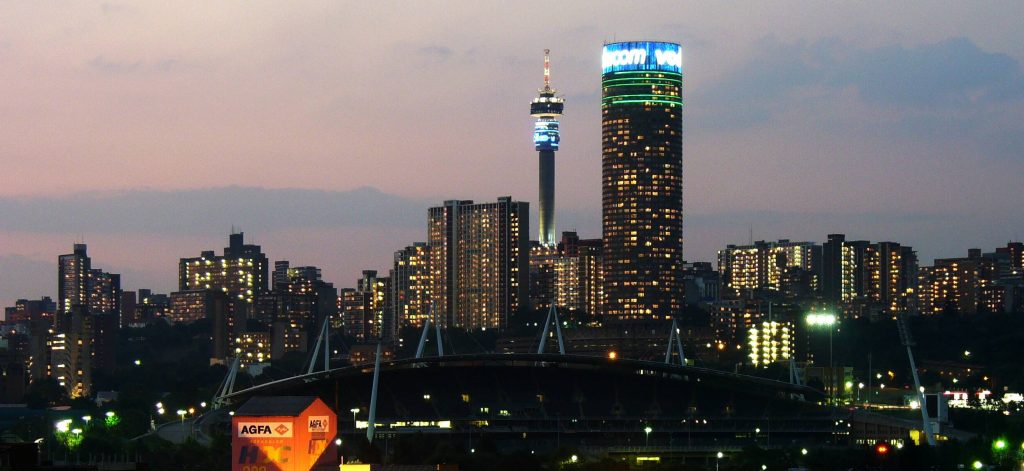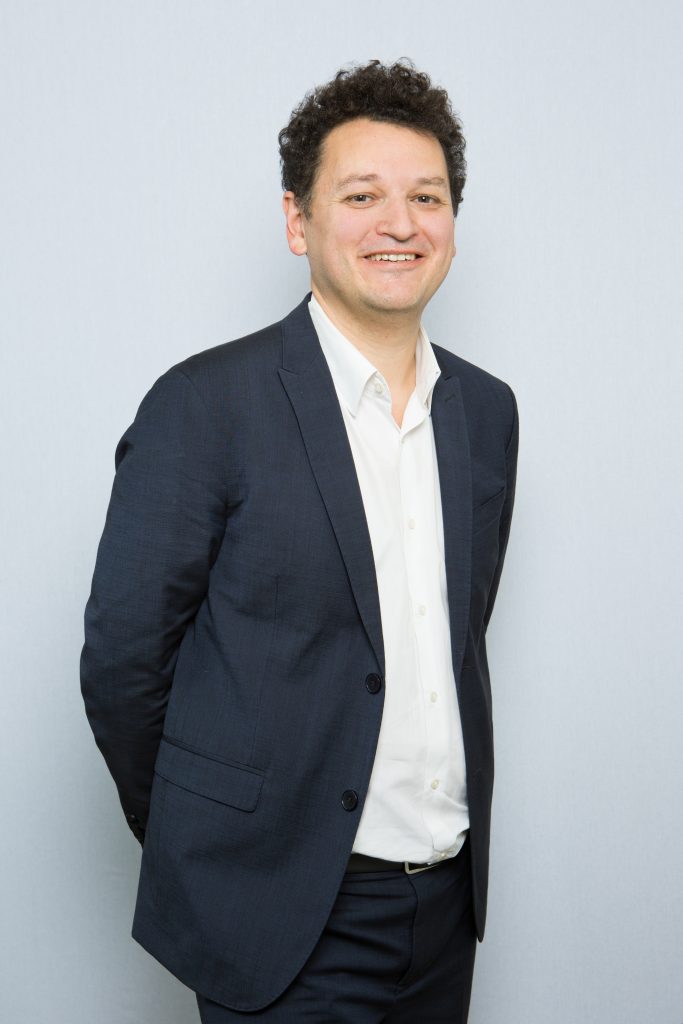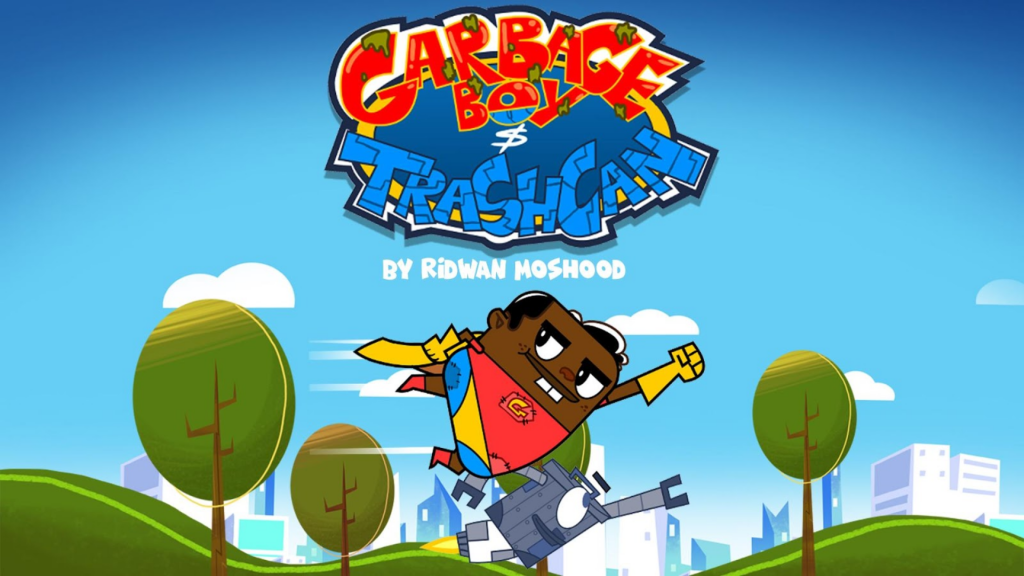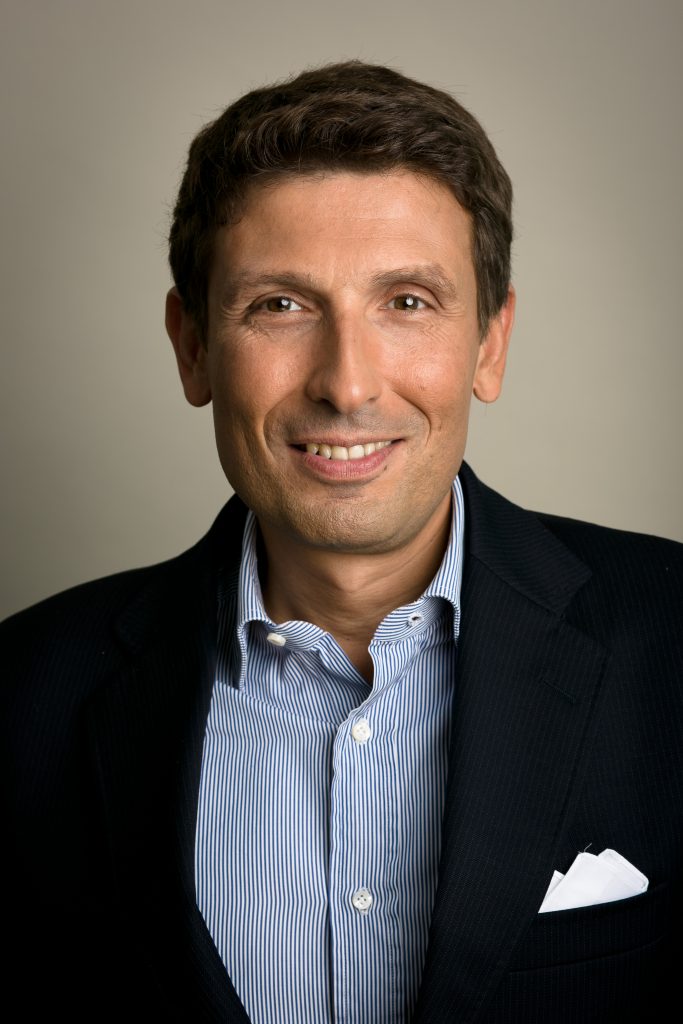
After more than 40 years of operation, DTVE is closing its doors and our website will no longer be updated daily. Thank you for all of your support.
Linear still the focus for WarnerMedia in Africa
 WarnerMedia is currently amidst an incredibly exciting period of expansion.
WarnerMedia is currently amidst an incredibly exciting period of expansion.
Having being acquired by AT&T in 2018 in a US$85 billion deal, the company formerly known as Time Warner has undergone a huge transformation in a relatively short period of time to become a significant part of the telecommunications giant’s empire. This is perhaps best underlined by the huge amount of investment the company has placed in upcoming streaming service HBO Max, which Vox said is looking to be the next-generation cable bundle rather than Netflix beater.
With so much of the media attention being placed on the company’s efforts in Europe, Africacom served as the perfect opportunity to speak to the company about what it is doing on the continent.
“We started with CNN more than 20 years ago and now we have six brands across pay TV,” notes Julien Borde, the broadcaster’s director of channels for France, French-speaking territories, Africa and Israel who joined the company from France Télévisions in January 2018.

Julien Borde, director of channels for France, French-speaking territories, Africa and Israel, WarnerMedia
In total, those six channels – Cartoon Network, Boomerang, Boing, TNT, Adult Swim, and the aforementioned CNN – reach across 56 English, French and Portuguese speaking African countries.
WarnerMedia also has distribution agreements with leading African TV platforms in all regions. This includes pan-African players such as MultiChoice, along with region-specific distributors like MultiChoice’s digital terrestrial television (DTT) platform, GOtv.
While CNN was the catalyst for WarnerMedia’s African endeavours, its current crown jewel is arguably Cartoon Network.
The channel has has been leading the pay TV kids’ segment in South Africa for 61 consecutive months, currently ranking first, ahead of WarnerMedia’s own Boomerang in second.
Jaime Ondaza, senior vice president for Turner Southern Europe and Africa and CEO of Boing attributes the channel’s success to the appeal of its content. “Cartoons really travel,” he says.
“The values of Cartoon Network – creativity, freedom, diversity – is something that works all around the world, but particularly in Africa.”
In addition to iconic Cartoon Network shows like Ben 10 and Powerpuff Girls, the broadcaster has also placed a great deal of focus on localised content. “We believe in Africa that localisation is critical,” notes Ondaza. “Lately we have been accelerating on proposing local shows for African audiences.”
This local focus includes the likes of Super Strikers and the broadcaster’s Cartoon Network Africa Creative Lab initiative.
First launched in 2018, Cartoon Network Africa Creative Lab was designed to enable and facilitate the creation of local, short-form content that is in touch with the brand and the region. Open to any resident over the age of 18 or Africa-based company, the programme saw applicants create one- to three-minute short projects. The three top entries – grand winner Garbage Boy and Trash Can from Nigerian Moshood Ridwan; along with runners-up Intergalactic Ice Cream by South African Andrew John Phillips; and Majitu by Kenyan Mark Kinuthia – were given an opportunity to create pilots with Cartoon Network Africa.
Ondaza adds: “We are big believers in the future of African animation and we do believe that Africa can bring a lot to the global creative community.”
None of this is to say that WarnerMedia’s other African brands are not seeing success.
CNN International remains Africa’s top international media brand, while the local market-focused TNT Africa saw more than 8.227 million South African viewers tune in during September.
Borde notes that TNT Africa, which formerly known as TCM Africa before a major rebrand in September 2018, has been “record-breaking in terms of ratings”.
A large amount of the company’s success in Africa, Borde says, is down to “really creating specific offers for the African audiences and making specific channels and programming for them.
He says: “We bring our audiences premium content, but also very localised content.”
Ondaza adds that “it’s amazing how the audience here is so connected with our brand; there is a natural affinity with the African audience.”
On its flagship news service, Ondaza says that “the people here really appreciate the content that CNN offers and the news service that CNN represents.”
Across all of the channels, Ondaza says that a large amount of success comes from the interactive aspects of the brands. “The brand is not just talking to the audience, but also listening to the audience. The brand is the product; the brand is the relationship. We try to learn what our audience wants.
“Our impact on the audience is not limited to TV, we want to be with them in their everyday lives.”
That said, linear TV is still very much the focus, with Africa being less focused on cord-cutting than much of Europe and the US, Ondaza adds.
“Africa is ready for OTT, but it’s not something that is so urgent,” he says. “People still very much enjoy linear TV but they are also open to other kinds of media presentation.”
Though pay TV channels are still front and centre for WarnerMedia in Africa, the company is still investing in OTT.
In 2018, the broadcaster signed a deal with MultiChoice’s SOVD platform, Showmax. There, content from the millennial-focused Adult Swim is housed, such as the wildly popular Rick and Morty.
A press release from WarnerMedia also notes that its plan going forward is to “develop ‘TV Everywhere’ formats, bringing content, and on-the-go media consumption, to mobile subscribers across the continent.”
For now, WarnerMedia in Africa is in a very healthy position. The combination of its leading channels, along with the ownership of its content to licence means that the company should be in a similarly strong position for years to come.




